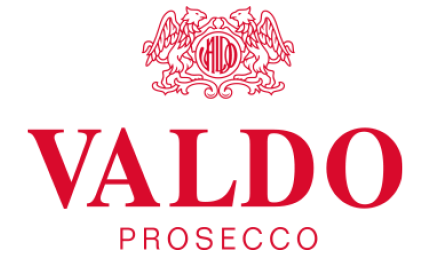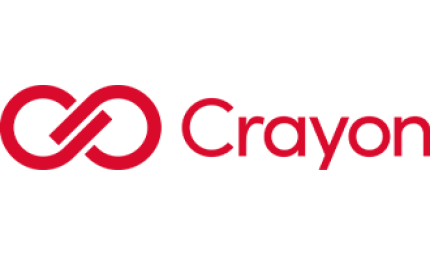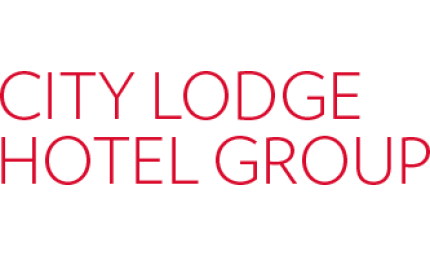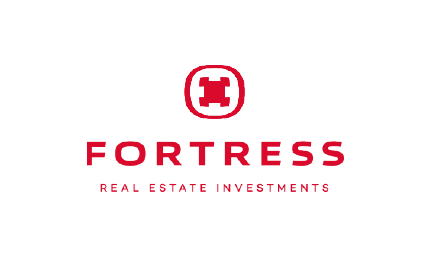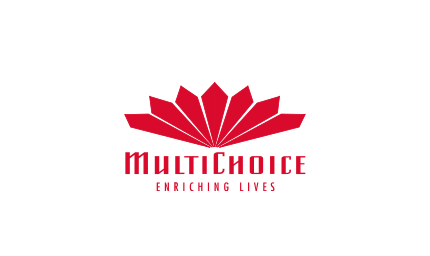Writing
BLOGS
your socials buzzing.
Creative solutionsbrandingweb designdevelopmentui/uxmobile developmentappsproduct designseosmmphotography
Becoming a Google authority
Keeping your content fresh, relevant, and engaging is the key to staying ahead of the competition. Our blog writing services go beyond just creating articles—we focus on delivering high-quality, SEO-optimised content that not only boosts your search rankings but also positions you as a trusted industry leader.
What sets us apart? It’s our tailored approach
We don’t churn out generic content; we create meaningful stories that resonate with your audience while aligning with your business goals.
With us, you’re not just ticking off SEO checklists—you’re building authority, trust, and long-term success through strategic, impactful blog writing.
Why Fresh Content is Key for SEO Success
You’ve probably heard it before: content is king. But when it comes to SEO, fresh content is the royal court. Regularly updating your blog with new, relevant, and well-crafted content isn’t just about keeping your site active; it’s about improving your website’s search engine rankings, keeping visitors engaged, and positioning yourself as a go-to expert in your industry. In short, your blog is your SEO secret weapon.
When Google notices your site is updated frequently with fresh content, you’re rewarded with better rankings. Search engines love relevant, up-to-date information, so your consistent blogging schedule tells Google that you’re serious about providing value to your audience.
Within any industry, there are influential people—you just have to find them. They are easily recognised by their hundreds of thousands of followers. And that’s the target audience you’re after.
Need new fresh content?
Get in touch
Complete the below and our team of specialists will take care of the rest!
Enter EEAT: what it means for your content
Experience
Expertise
Authority
Trustworthiness
Google prioritizes content created by people with hands-on, real-world experience in the subject matter.
This means that your personal experiences, case studies, or examples from your industry give your content a unique perspective that generic or regurgitated information simply can't match. Sharing insights based on actual experience not only helps your content stand out but also builds trust with your audience, who can see that you’ve been through the challenges they face.
This lived experience makes your advice or solutions more relatable and actionable, which is essential for creating content that engages and converts
Expertise is about showcasing your in-depth knowledge of a particular field. Google wants to see that you, or the people creating content for your brand, are true experts who can offer reliable, well-informed insights. This goes beyond surface-level knowledge—it’s about providing thorough, well-researched content that adds value. Demonstrating your expertise helps build credibility with your audience and signals to Google that your website is a trusted source of information. This can be especially important in more technical, medical, or niche industries, where expertise is crucial for delivering accurate and dependable content.
Authority is earned by consistently publishing high-quality content that others recognize and reference. It’s not just about being knowledgeable but also about being respected in your field. When other reputable websites or industry leaders link back to your content or cite you as a source, it sends a strong signal to Google that you are an authority in your space. Building authority can take time, but it’s essential for improving your rankings and establishing your brand as a go-to resource. A consistent stream of authoritative content helps you rise above the competition and gain the trust of both search engines and users.
Trust is the cornerstone of any successful online presence. In the context of EEAT, trustworthiness means ensuring your content is transparent, honest, and factually accurate. Google is looking for content that is clear about its sources, avoids misleading claims, and provides verifiable information. To build trust, it's important to cite reliable sources, include author credentials, and ensure your website has security measures like HTTPS. Content that is trustworthy not only ranks better but also keeps your audience coming back for more. When users feel they can rely on you for consistent, accurate information, they are more likely to engage, share, and become loyal customers.
The SEO Benefits of Blogging
So, why exactly is blogging so powerful for SEO? Well, let’s break it down. Blogs create opportunities to target a wide range of keywords, from broad to specific, helping you capture search traffic across different user intents. Whether your audience is searching for “how-to guides” or niche industry insights, a regularly updated blog can help you grab that traffic and guide it straight to your website.
Blogs also help you increase dwell time. Visitors stick around longer when they find your content valuable, which signals to Google that your site is worth ranking higher. Plus, internal linking in your blog posts can direct users to other important pages, improving the overall user experience and SEO value. Win-win!
Becoming an industry voice
Want to be the leader in your field? Blogging is one of the most effective ways to achieve that. Not only does it allow you to share your expertise, but it also gives you a platform to set the tone for your industry. Regular blogging shows your audience that you’re not just riding the wave—you’re helping create it.
Through insightful commentary, case studies, and how-to content, your blog can position you as a thought leader. When you become the go-to source for reliable, valuable information, people trust you, and guess what? Google does too. This trust translates to more visitors, better rankings, and an increase in loyal followers.
Make your blog stand out
With so many blogs out there, how do you make yours rise above the noise? It’s all about relevance and quality. Forget keyword stuffing and spammy practices; today’s blogs need to offer something meaningful. Writing with your audience in mind, solving their problems, answering their questions, and staying ahead of industry trends is what sets your content apart.
Google’s EEAT principles tie in here—your content needs to show that you’re knowledgeable, trustworthy, and, most importantly, helpful. Use multimedia, such as videos or infographics, to break up long text and keep readers engaged. And don’t forget to stay conversational—your blog isn’t a textbook; it’s a chance to connect with your audience in a relatable way.
Want to up your comms strategy?



